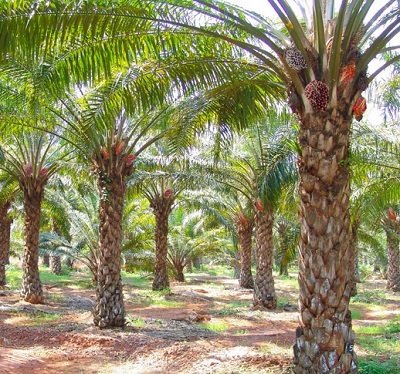AI to help develop pan-genome chickpea: Study
The landmark international study was led by Dr Rajeev Varshney from the International Crops Research Institute for the Semi-Arid Tropics in Hyderabad
A massive international research effort has led to the development of a genetic model for the ‘ultimate’ chickpea, with the potential to lift crop yields by up to 12 per cent. The research consortium genetically mapped thousands of chickpea varieties, and the UQ team then used this information to identify the most valuable gene combinations using artificial intelligence (AI).
Professor Ben Hayes led the UQ component of the project with Professor Kai Voss-Fels and Associate Professor Lee Hickey, to develop a ‘haplotype’ genomic prediction crop breeding strategy, for enhanced performance for seed weight.
The landmark international study was led by Dr Rajeev Varshney from the International Crops Research Institute for the Semi-Arid Tropics in Hyderabad. The study confirmed chickpea’s origin in the Fertile Crescent and provides a complete picture of genetic variation within chickpea.
“We identified 1,582 novel genes and established the pan-genome of chickpea, which will serve as a foundation for breeding superior chickpea varieties with enhanced yield, higher resistance to drought, heat and diseases,” Dr Varshney said.
Professor Hayes said the UQ team used the data to model a chickpea with perfect genetics for seed weight, a trait linked to yield.
FastStack combines AI with genomic prediction technology to identify the combinations of genes most likely to improve crop performance.
UQ plant breeder and crop geneticist, Associate Professor Lee Hickey, said the global demand for protein-rich pulses was increasing.
“Improving the productivity of chickpea for Australia offers opportunities for our farmers to supply local food industries and export markets,” he said.
“Using this AI-generated chickpea model for increased seed weight in the field will be challenging, given the number of generations it will take in cross-breeding for optimal chickpea genetics, and the impact of different environments and management practices on crop growth.
Dr Hickey said new genomic breeding approaches, including the haplotype model, are expected to redefine chickpea breeding strategies for developing high-yielding and nutritious chickpea varieties.
Chickpea is an important rotation crop in farming systems, as it is self-fertilising for nitrogen, reducing the need for nitrogen fertiliser.
The landmark international study was led by














